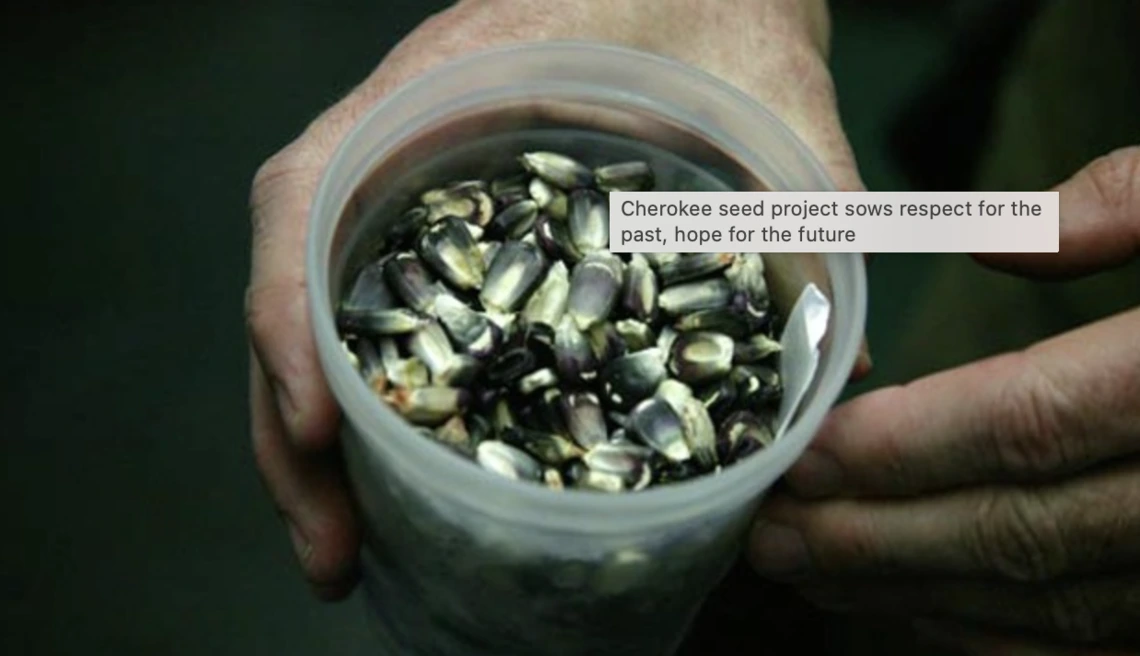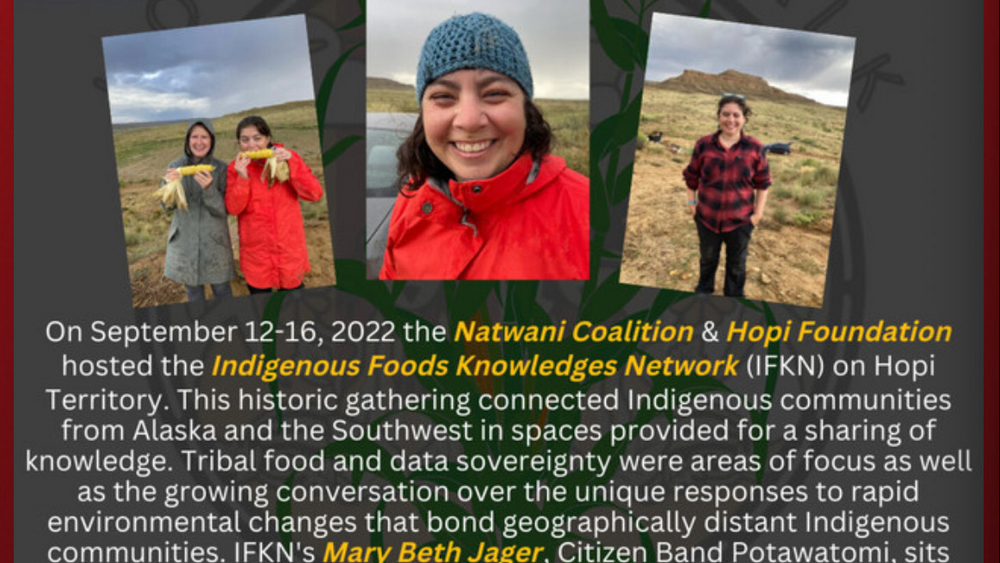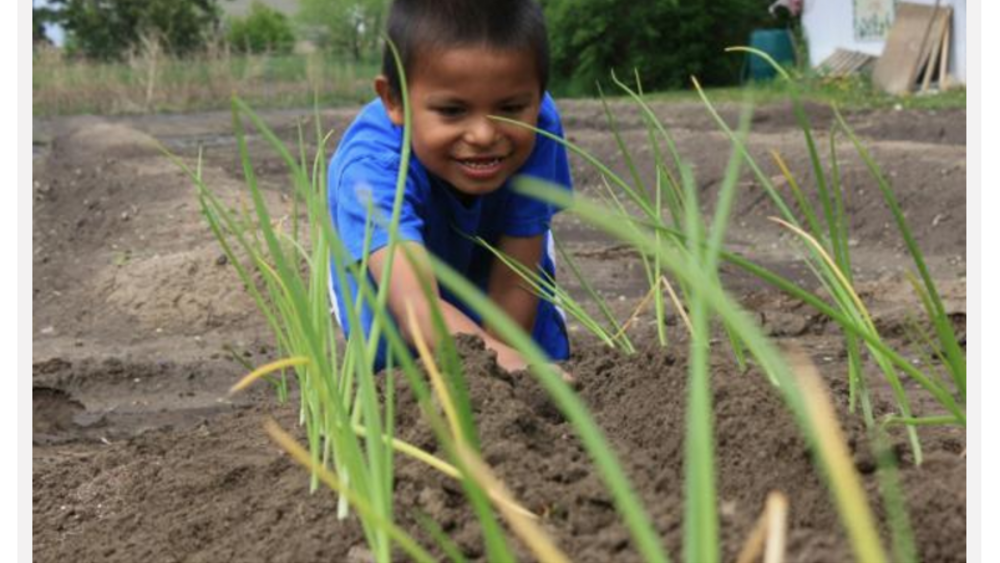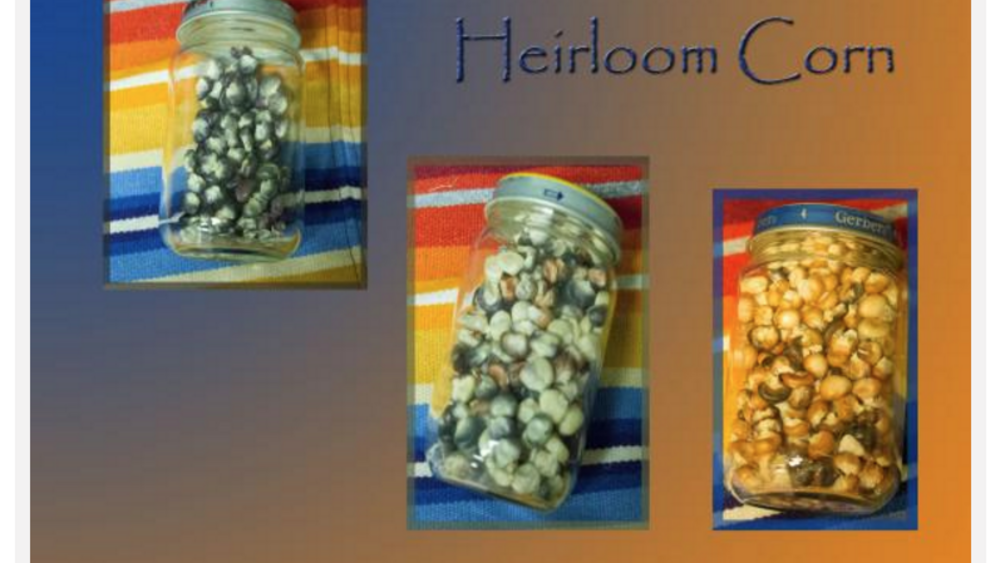The Cherokee Indians are preserving the roots of their heritage with a program that allows officially recognized members of the tribe to access seeds that are unique to the Cherokee Nation.
Principal Chief of the Cherokee Nation, Bill John Baker explained the seeds' lineage to CNN. "This strain of seeds came with us on the Trail of Tears," he said, referring to the forced migration of Cherokee nation from their land east of the Mississippi to an area that is now Oklahoma. The 15,000-person march took place in 1838 and 1839 under Andrew Jackson's Indian removal policy, and resulted in the deaths of an estimated 4000 Cherokees, due to starvation and sickness...
Additional Information
Keesee, Kellie. "Cherokee seed project sows respect for the past, hope for the future." CNN. January 16, 2014. Article. (https://eatocracy.blogs.cnn.com/2014/01/16/cherokee-seed-project/, accessed March 22, 2023)




